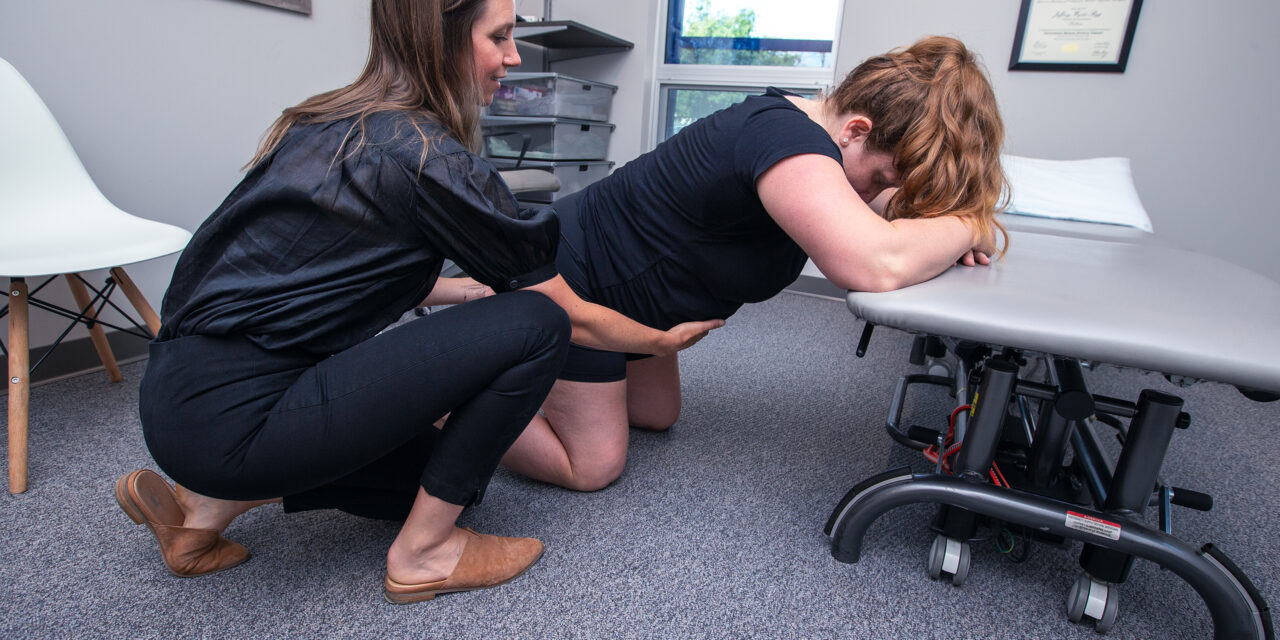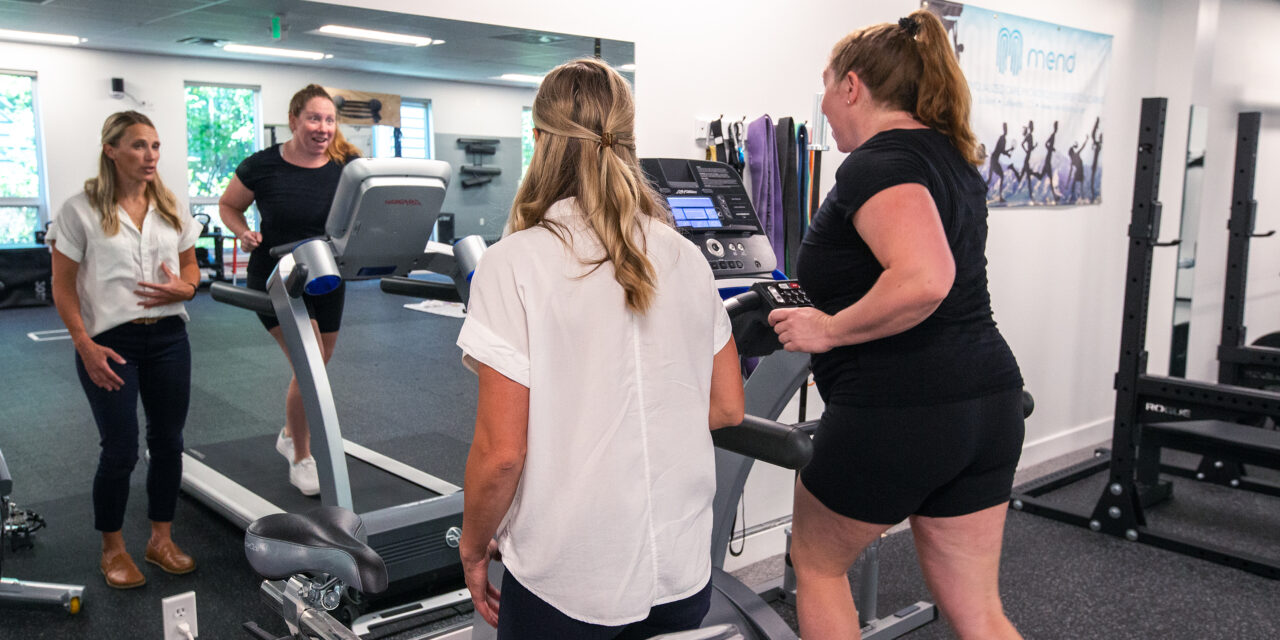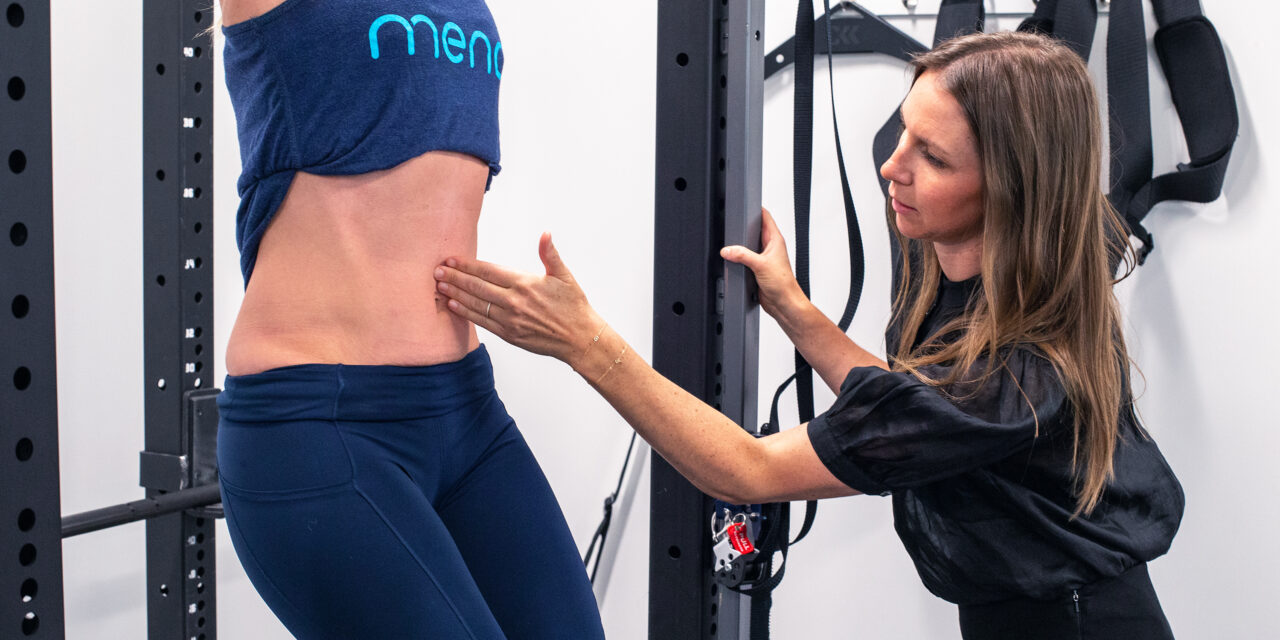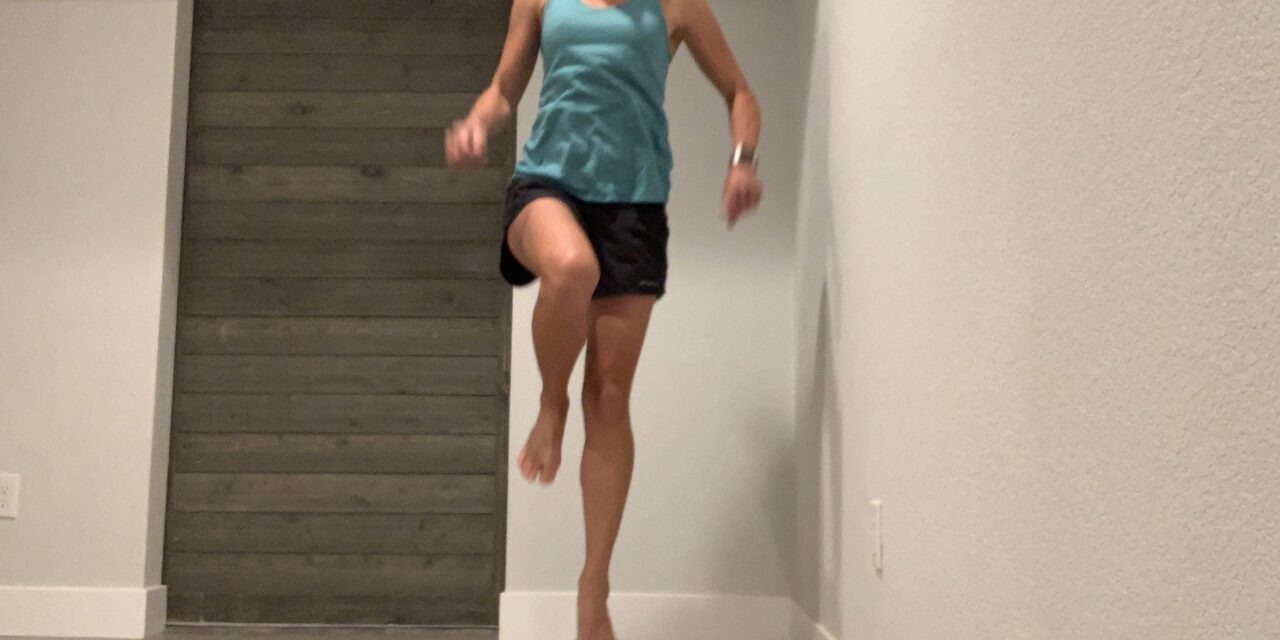Top 3 Exercises for Pelvic Organ Prolapse: Managing Pressure for Effective Strengthening
By: Erica Tran, PT, DPT, OCS and Chelsey Vasquez, PT, DPT, PRPC Pelvic organ prolapse (POP) occurs when the pelvic organs descend due to weakness in the pelvic floor muscles and connective tissues. Proper coordination of breath with movement is essential for optimal pelvic health function and managing intra-abdominal pressure effectively. Inhalation allows the pelvic...








